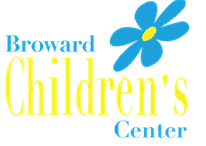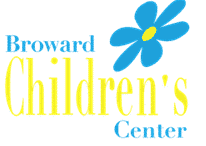PPEC
Prescribed Pediatric Extended Care (PPEC)
Broward Children’s Center’s PPEC is a licensed childcare facility with a highly experienced staff that delivers advanced skilled nursing care for medically fragile and/or technologically dependent individuals – ages 21 and younger.
Learn MoreTherapy Services
Therapies for Child Development
Physical therapy, occupational therapy, speech-language therapy, and Applied Behavior Analysis (ABA) each play a crucial role in supporting children's development when challenges arise.
Learn MoreTransportation
Breaking Barriers With Transportation Support
We believe that transportation should never be a barrier to accessing the services and support you need. Our transportation program is designed to assist individuals who may have limited access to reliable transportation options.
Learn MoreCC Home Health
Home Health Care for Children
Broward Children’s Center’s Home Health Program provides necessary medical services and care in the homes of infants, children, and young adults with special healthcare needs.
Learn MoreBCC Group Homes
Supportive Group Home for Developmental Disabilities
Group Home One offers 24/7 nursing care and specialized support for children and young adults with medical and developmental disabilities, helping them transition from various care settings while promoting independence through individualized education, therapy, and activities.
Learn MoreCompCare Nursing Home
Comprehensive Pediatric Care Facility
Children’s Comprehensive Care Center (CompCare), located in Pompano Beach, Florida, is a 36-bed freestanding pediatric skilled nursing facility that serves children and young-adults birth to twenty-one who have medically complex conditions and are medically stable.
Learn More

